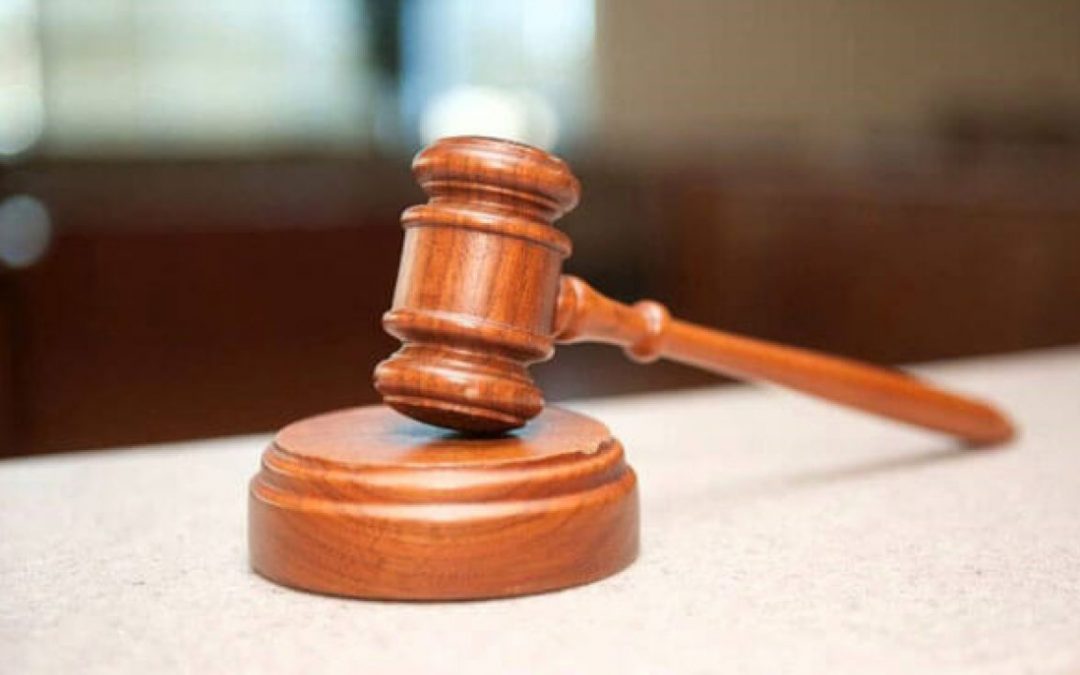NAGPUR: The Nagpur bench of the Bombay High Court recently overturned a 20-year rigorous imprisonment sentence for a man convicted of sexually assaulting a 10-year-old girl. The court emphasized that medical evidence, while important, cannot serve as the sole basis for conviction in such cases without supporting corroborative evidence.
In its judgment, Justice Govinda Sanap stated, “The medical officer recorded the history of assault in his report, and the special Pocso judge accepted this as a key piece of evidence. However, in my view, the judge was wrong to consider this as substantive evidence to prove the charge against the petitioner. Medical evidence can only serve as corroborative support, not primary proof.”
The man was convicted on June 3, 2023, under Section 376-AB of the Indian Penal Code and relevant sections of the Pocso Act for the rape of a minor. The special Pocso court had largely relied on medical findings and testimony from medical officers, while the three key witnesses— the victim’s aunt, mother, and maternal relatives— turned hostile.
The accused, represented by counsel Rajendra Daga, appealed the conviction, asserting that he had been falsely implicated and that there was no direct evidence to support the charges. Daga argued, “When primary witnesses, including the victim, did not support the prosecution’s case, medical evidence alone cannot substantiate the charges.”
Justice Sanap reiterated that medical evidence alone cannot justify a conviction in the absence of corroborating accounts or tangible proof of the crime. “Without substantive evidence, relying solely on medical findings undermines the principles of justice,” he stated, before allowing the 51-year-old man’s appeal.
This ruling highlights the critical importance of corroborative evidence in sexual assault cases, setting a significant precedent for future trials. It underscores the necessity for thorough investigations and the value of witness testimonies in ensuring a just outcome.






